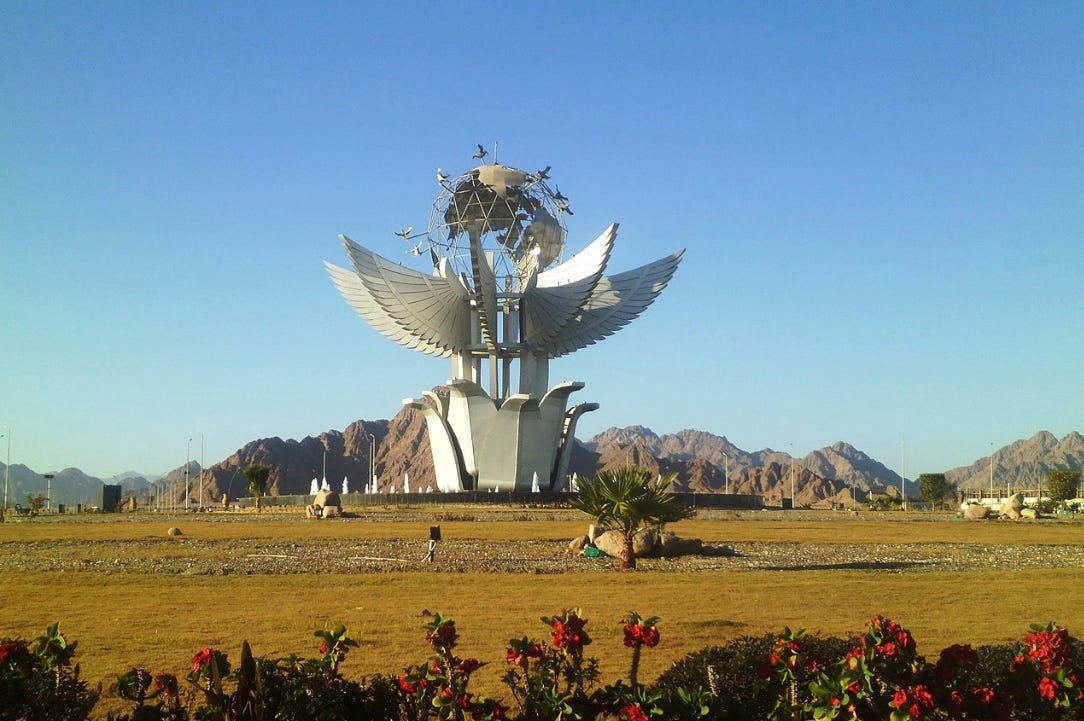Top five risks the U.S. faces to its climate leadership ahead of COP27
Midterms, relationship with China, India top list of challenges.

MAUI, Hawaii (Callaway Climate Insights) — The U.S. midterm elections fall on the first few days of the upcoming COP27 United Nations climate summit in November, and nothing could better underscore the challenge of a nation ripping itself apart just as the world needs its climate leadership most.
Eight weeks before the Nov. 8 midterms, climate activists are still celebrating passage of President Joe Biden’s climate bill, the Inflation Reduction Act, but are girding for an assault on all things environmental, social and governance (ESG) related as Republicans latch on to climate regulation and finance as an election issue.
While the latest polls show Biden’s Democrats making up ground against Republicans in their bid to keep control of the Senate and maybe the House of Representatives, a bad loss in the midterms could severely hobble the president’s climate agenda.
But in many ways, domestic politics are the least of the president’s climate worries. The U.S., which is the second largest polluter after China and above the third largest polluter, India, has deteriorating relationships with both countries that could impact how the big three coordinate the battle against global warming.
China, coming off the most destructive heatwave in modern history this past summer, has effectively cut ties with the U.S. in terms of climate coordination as part of a broad retaliation over House Speaker Nancy Pelosi’s visit to Taiwan last month.
India, meanwhile, is responding to its own climate dilemmas and energy needs by purchasing more oil from Russia, which has irked the U.S. and others in support of Ukraine. Steep discounts by Russia have made the oil more attractive to India, which is suffering from inflation rates close to 7%.
The distrust and conflicting initiatives among the world’s top three polluters bodes poorly for the prospects of a coordinated finance deal in Egypt at COP27, which starts on Sunday, Nov. 6. India and China together famously undercut the final communique from COP26 in Glasgow last year amid concerns about wording tied to promises to reduce oil emissions globally.
A fourth major challenge for the U.S., and climate envoy John Kerry, in Egypt will be salvaging any sort of climate deal for large western countries to provide funding to poorer nations to fight climate change, in the form of mitigation loans and grants. While the world’s nations agreed to $100 billion in annual financing at a previous summit in 2009, none of the nations have yet met that commitment.
This year’s COP will likely focus on that funding, but a pre-meeting summit in Bali a few weeks ago produced no agreement, or any hope for a change in Egypt. Kerry will be under pressure to cobble something together, while knowing that any U.S. spending commitments will be fought at home.
Finally, the U.S. faces pressure from its own fossil fuel industry, which has enjoyed bumper profits tied to Russia’s invasion of Ukraine, and the subsequent surge in oil prices it produced worldwide. As Europe and Asia deal with their own energy crises, and heatwaves, fires and floods continue to pound the U.S. on a regular basis, the challenge of a global climate agreement akin to the Paris Accords of 2015 seems as far away as ever.
China

